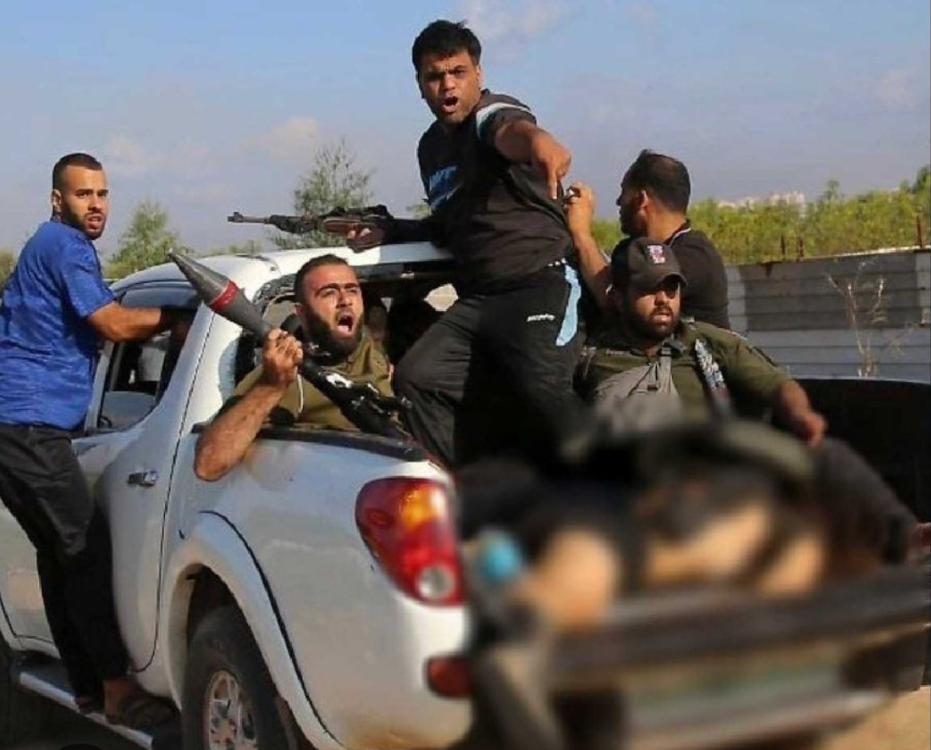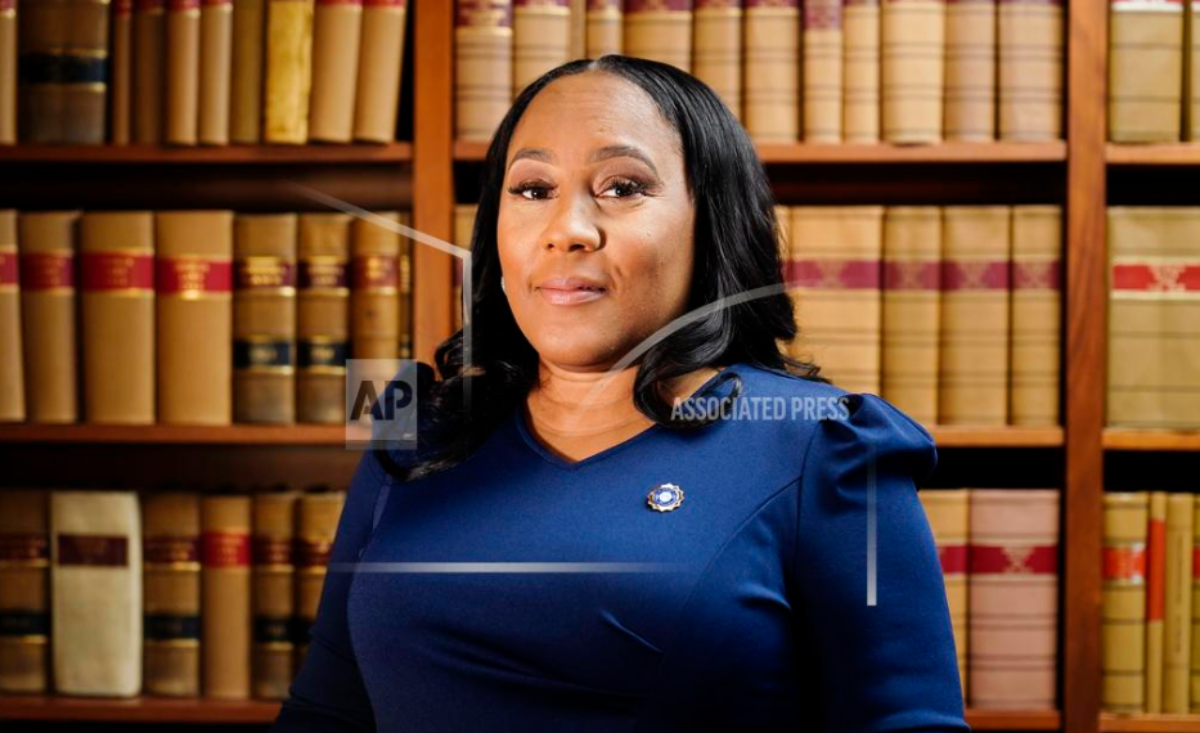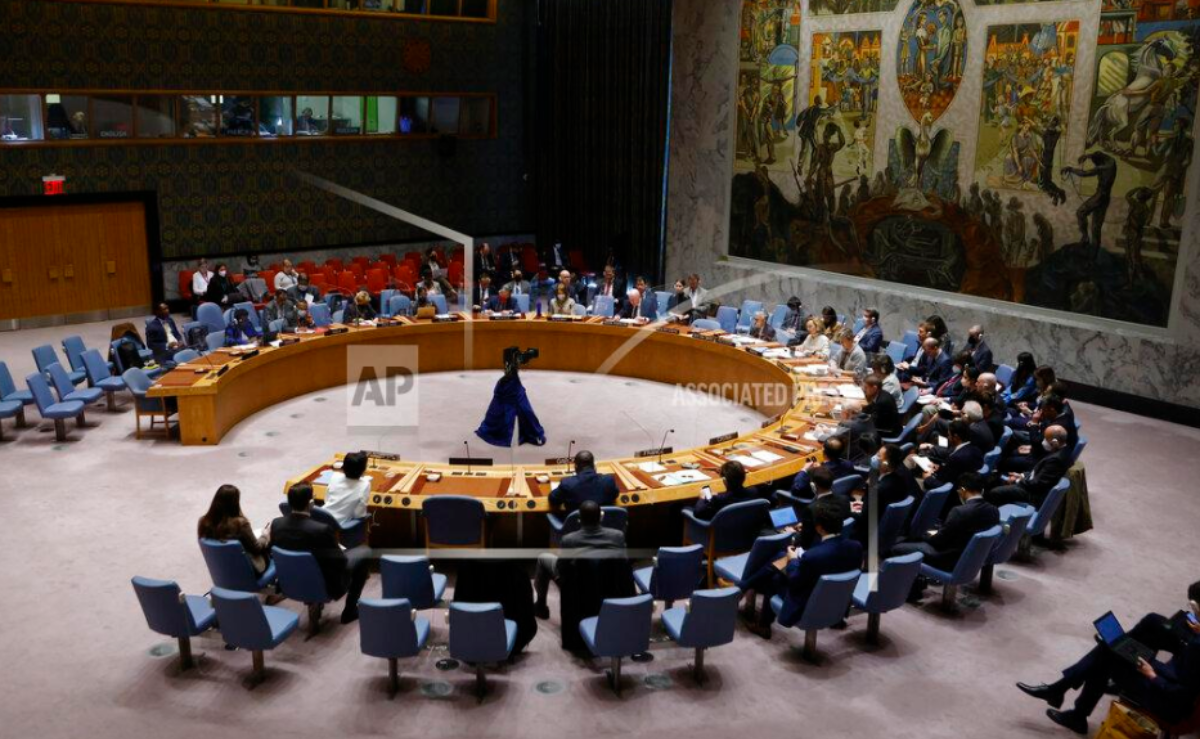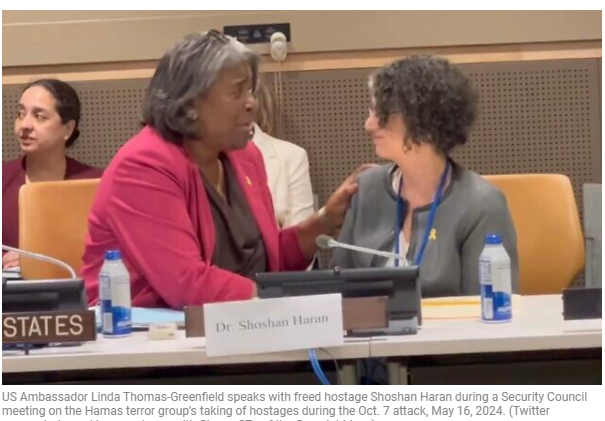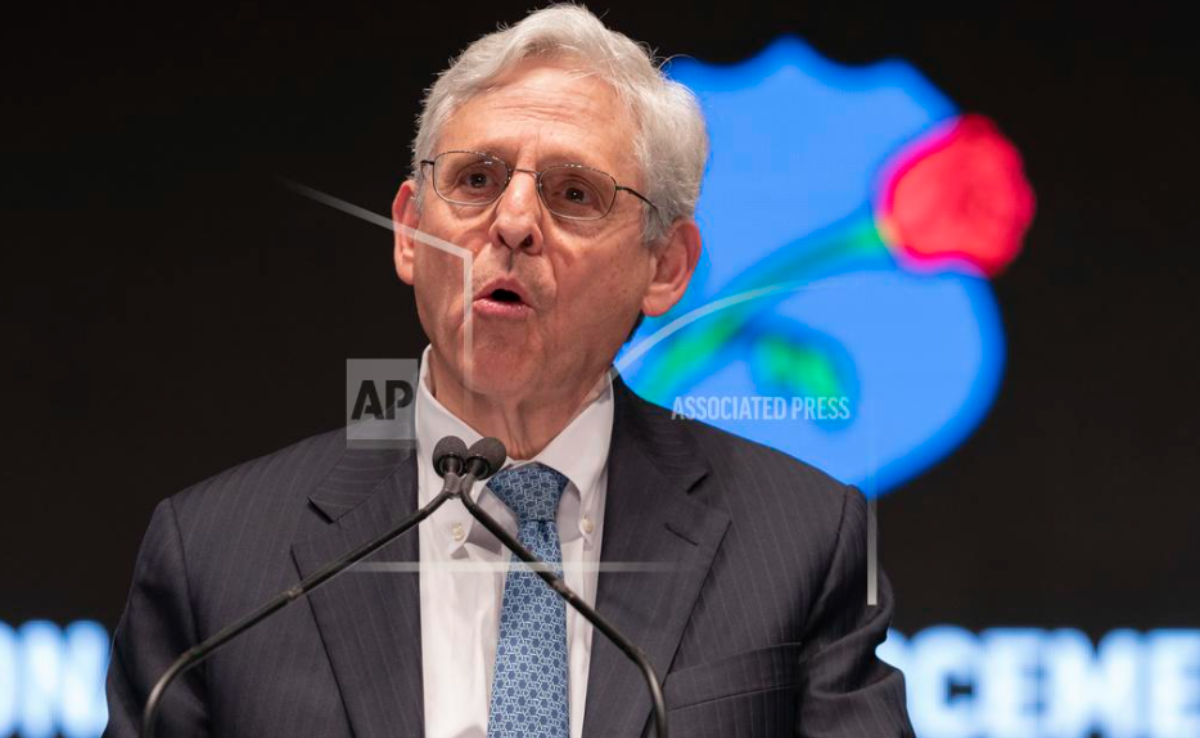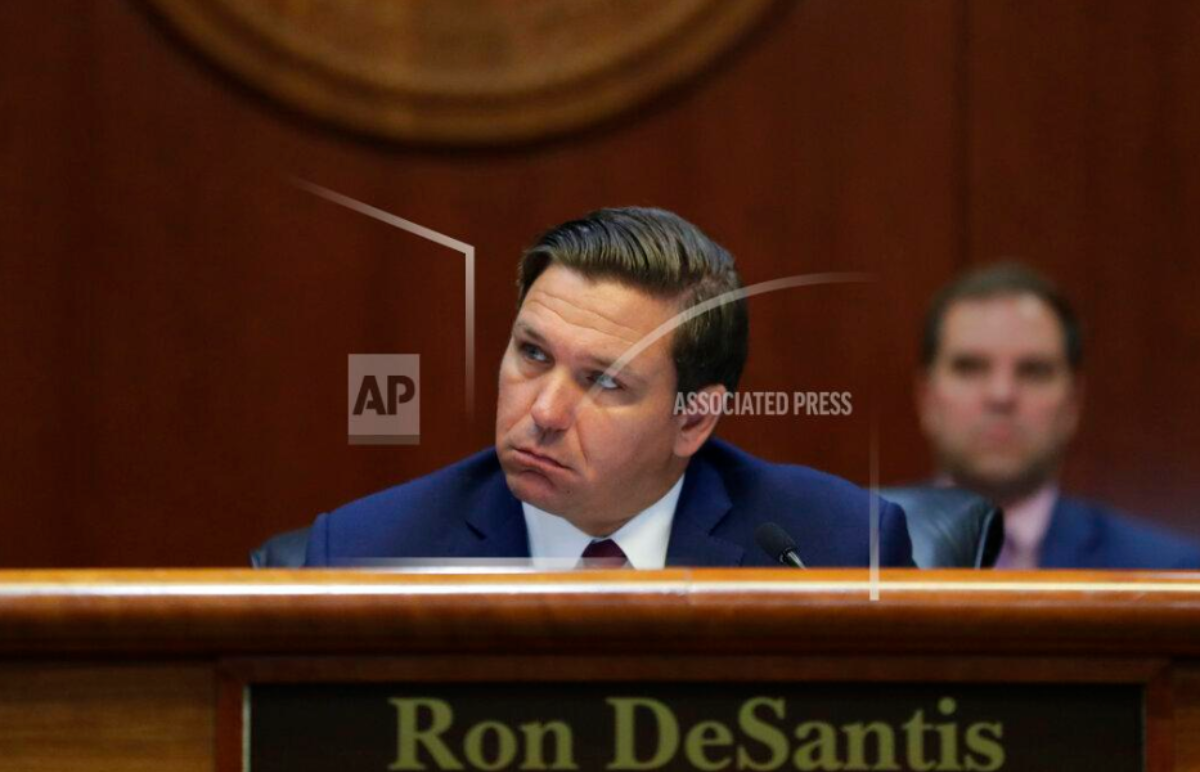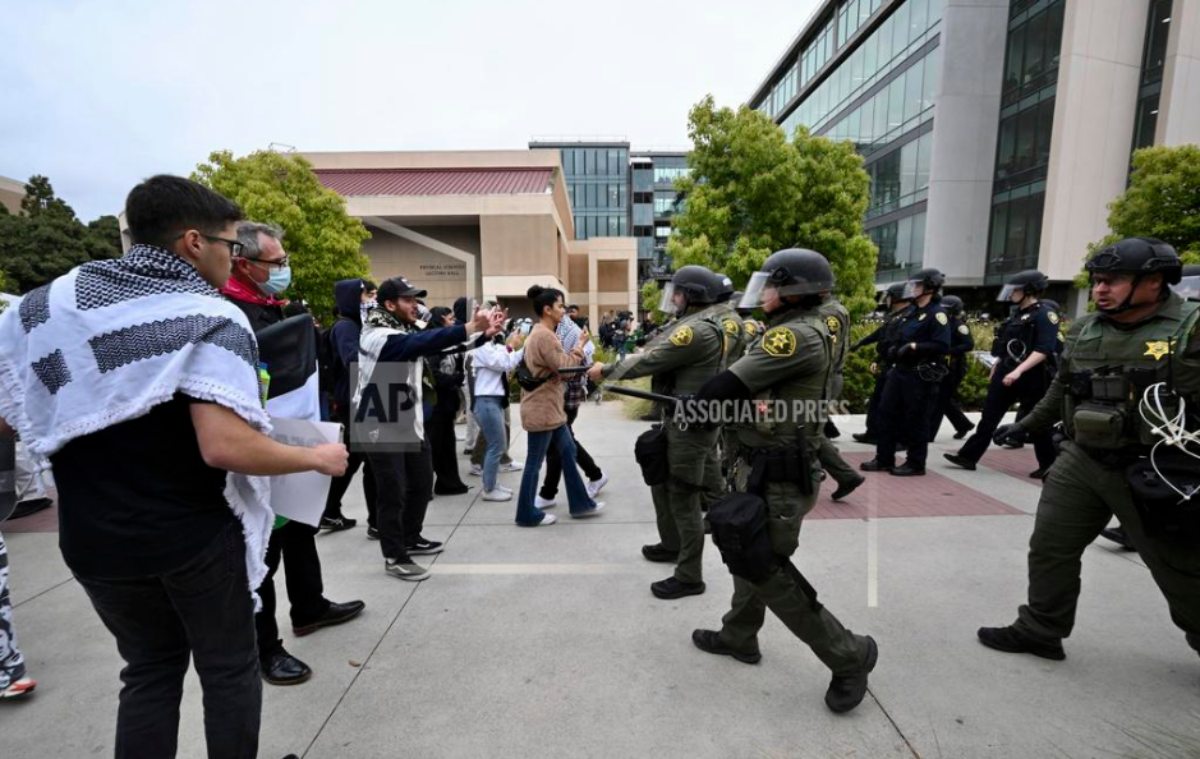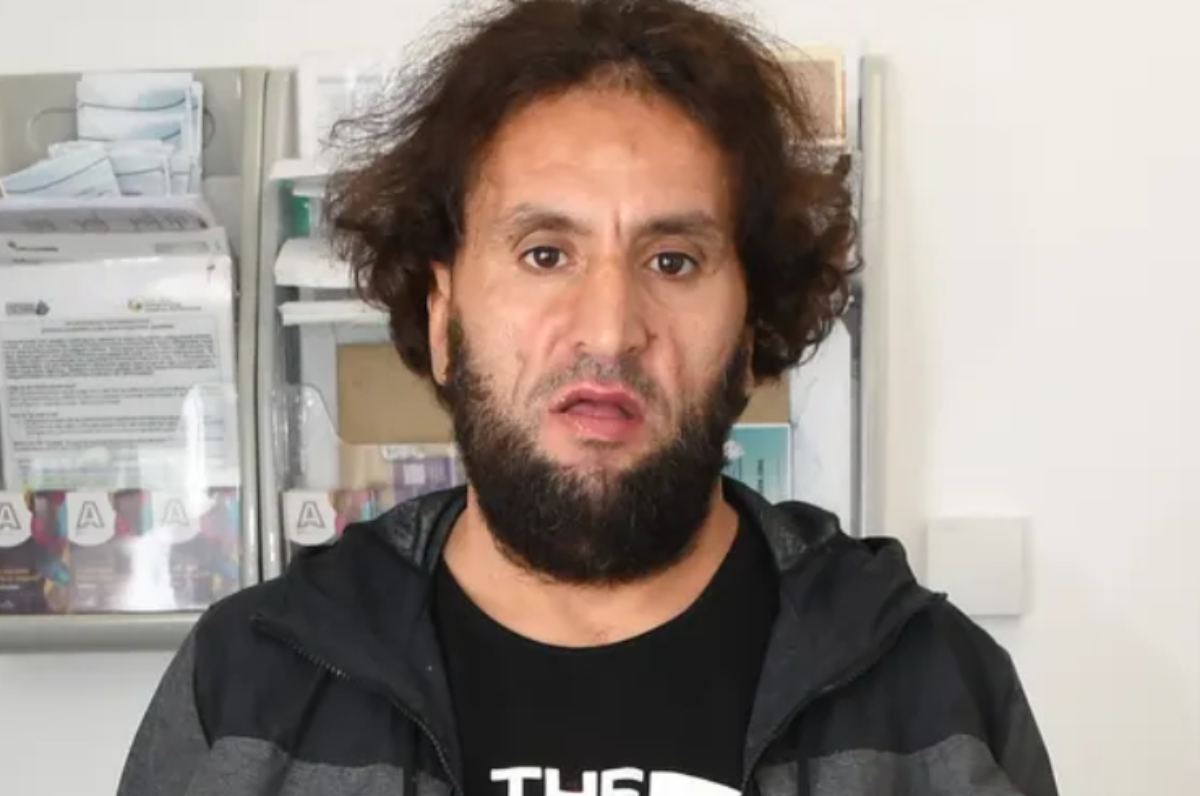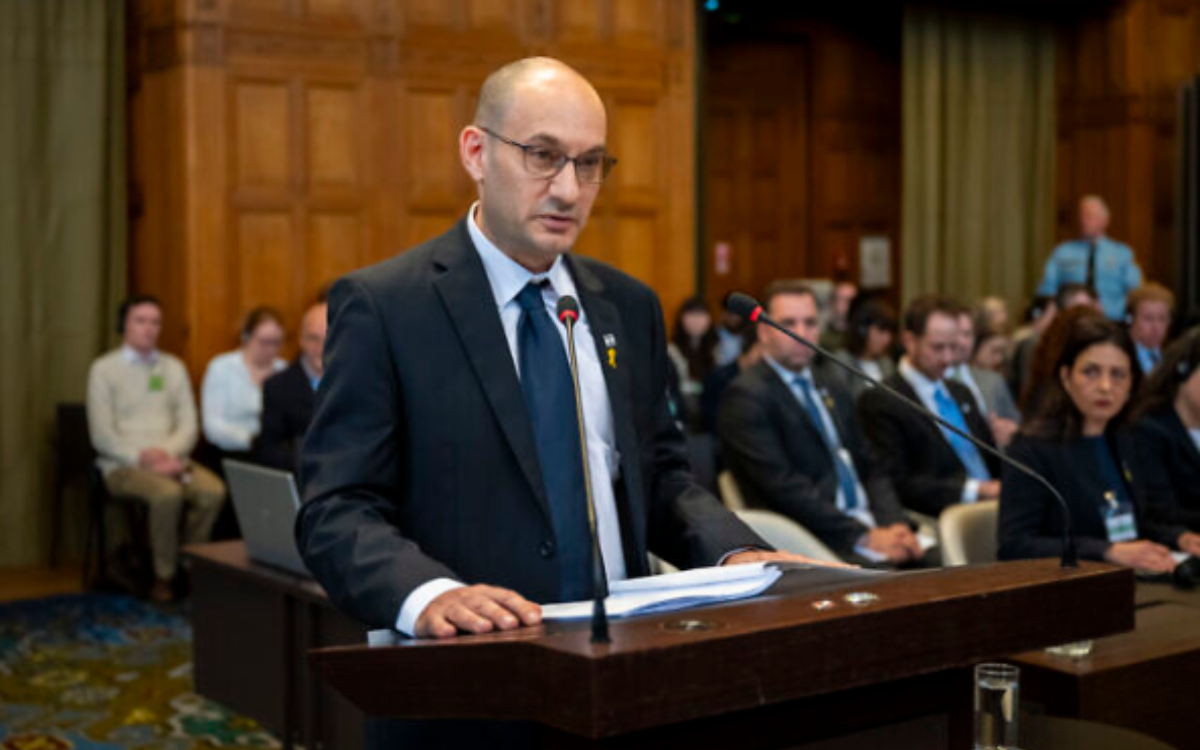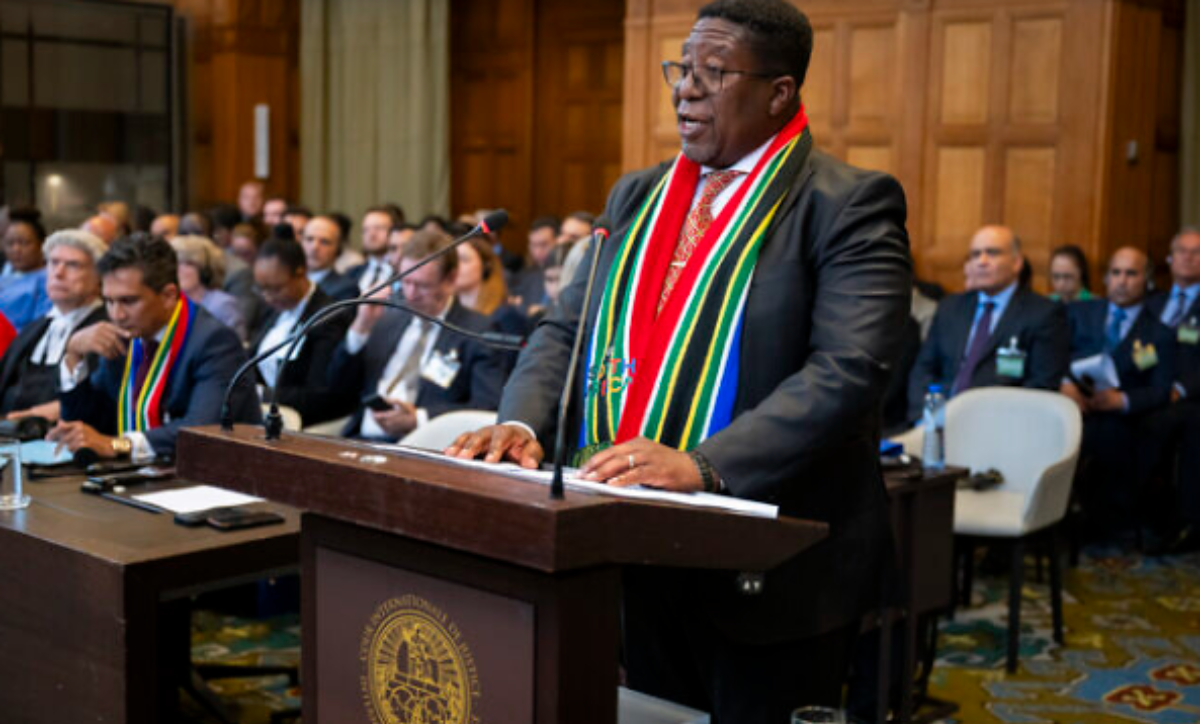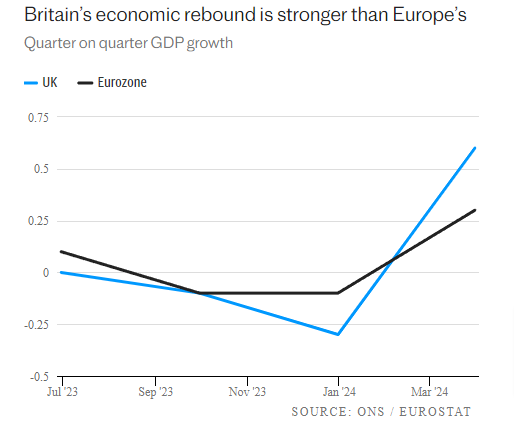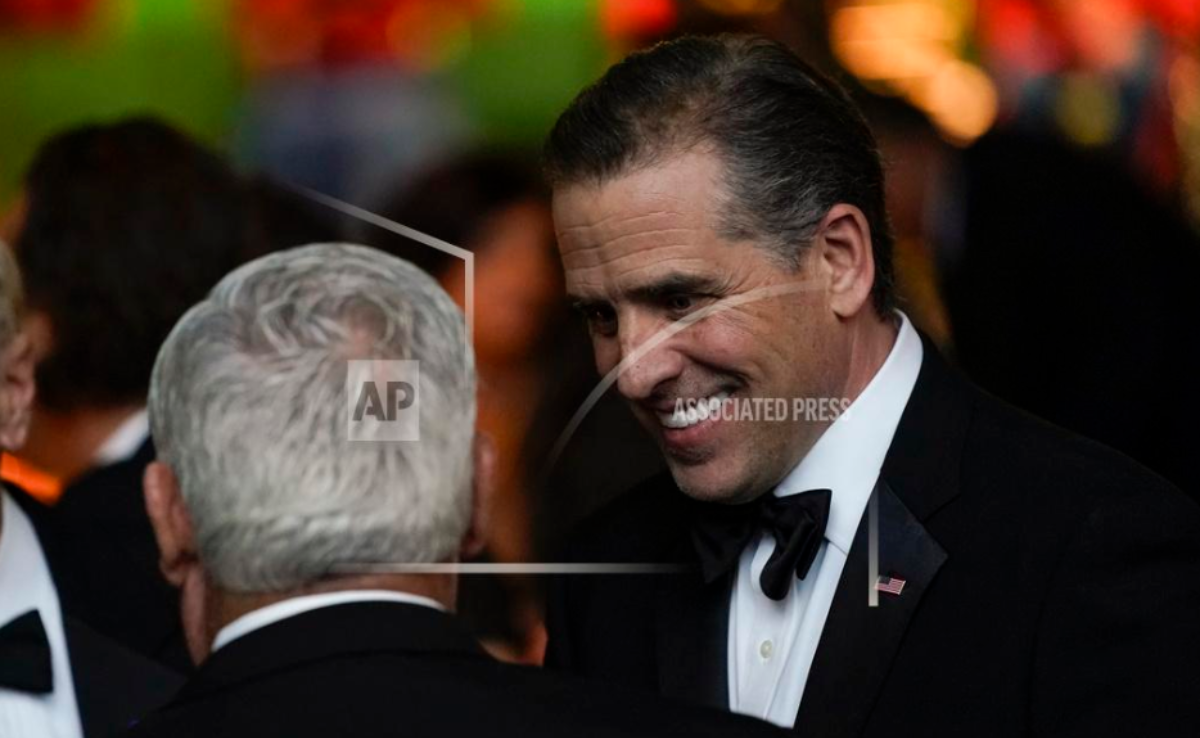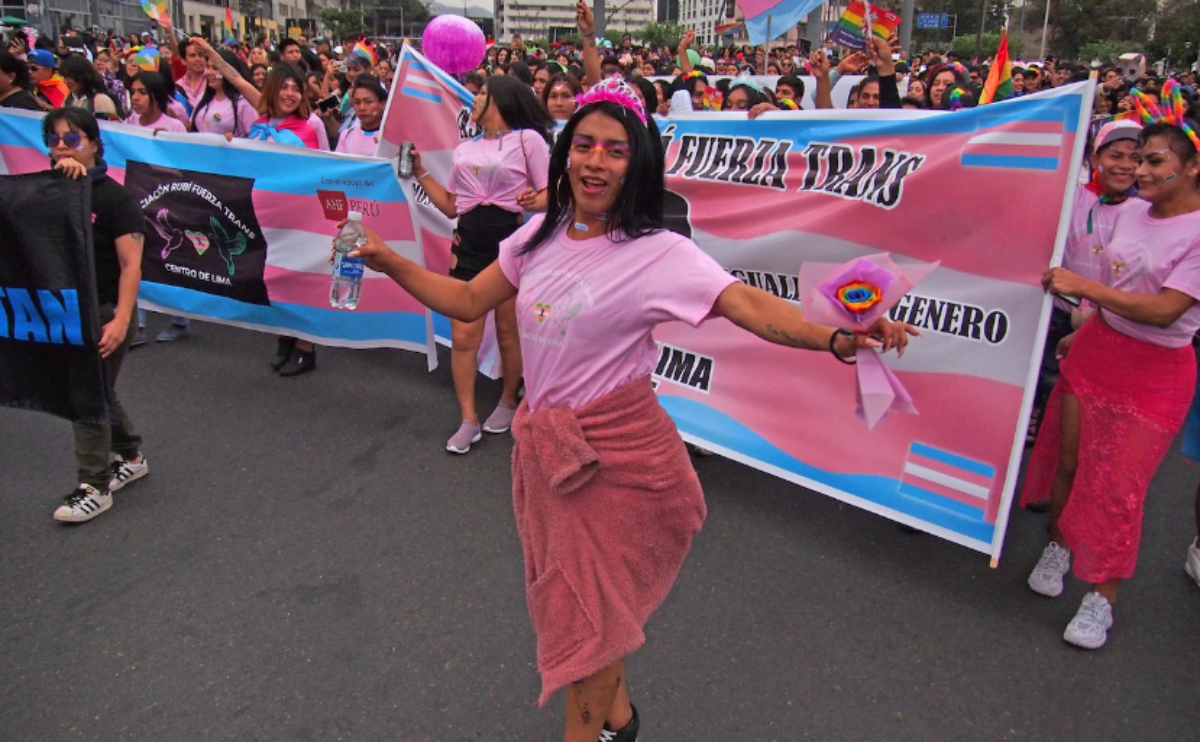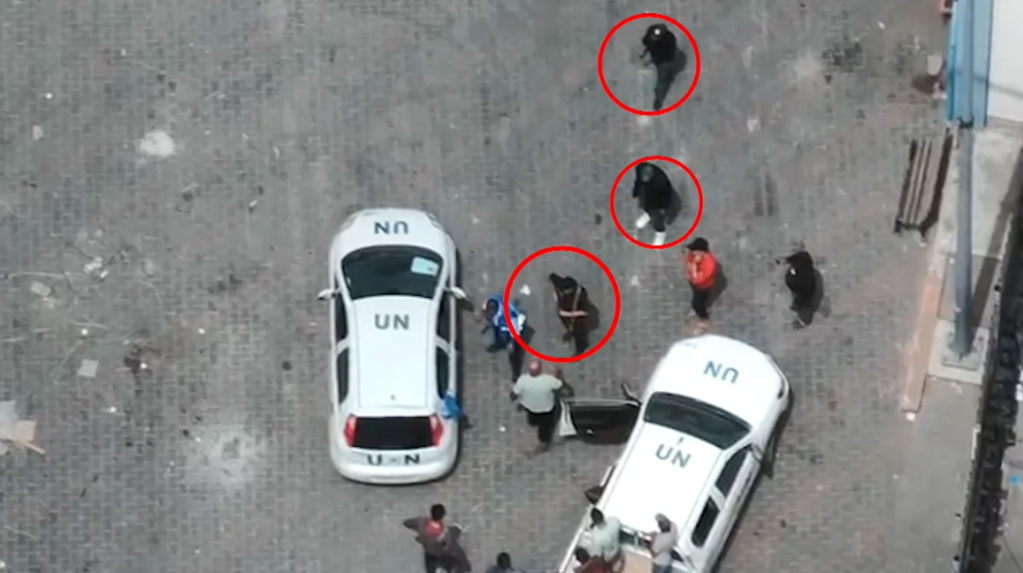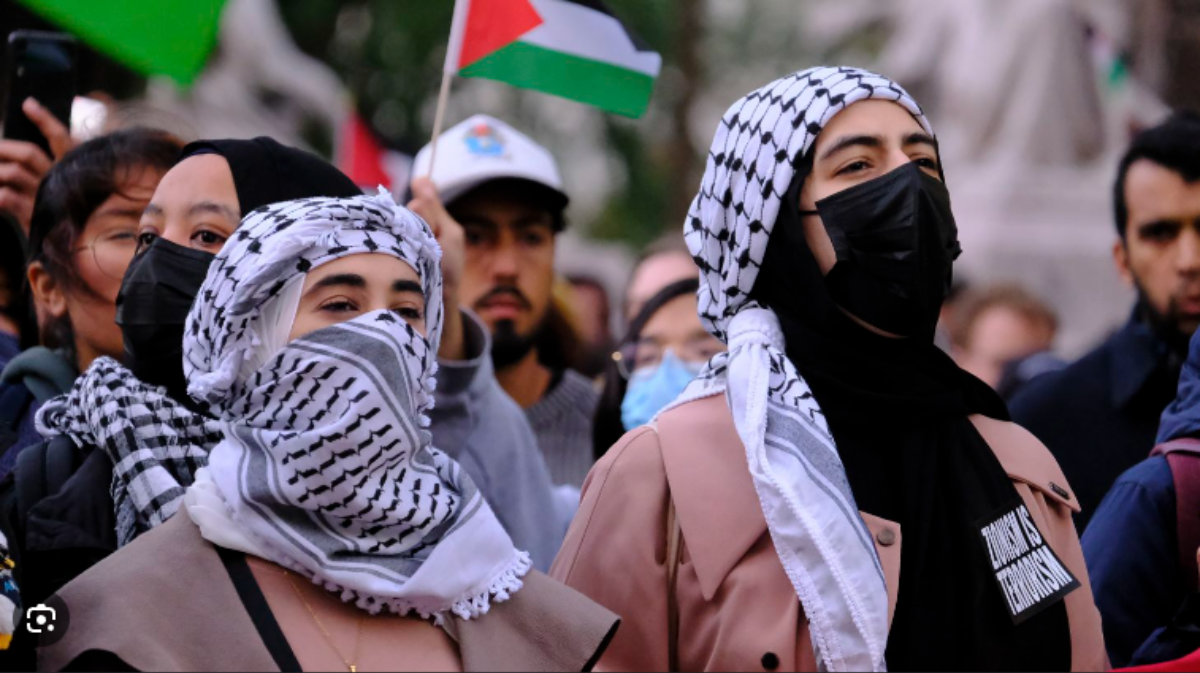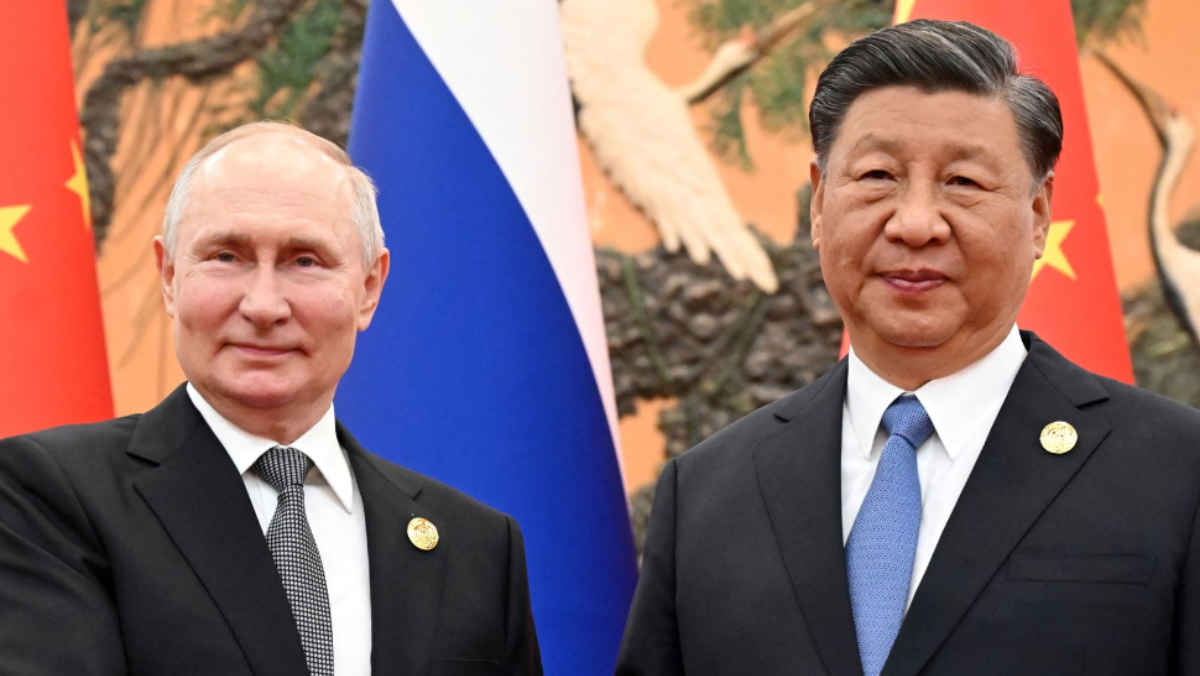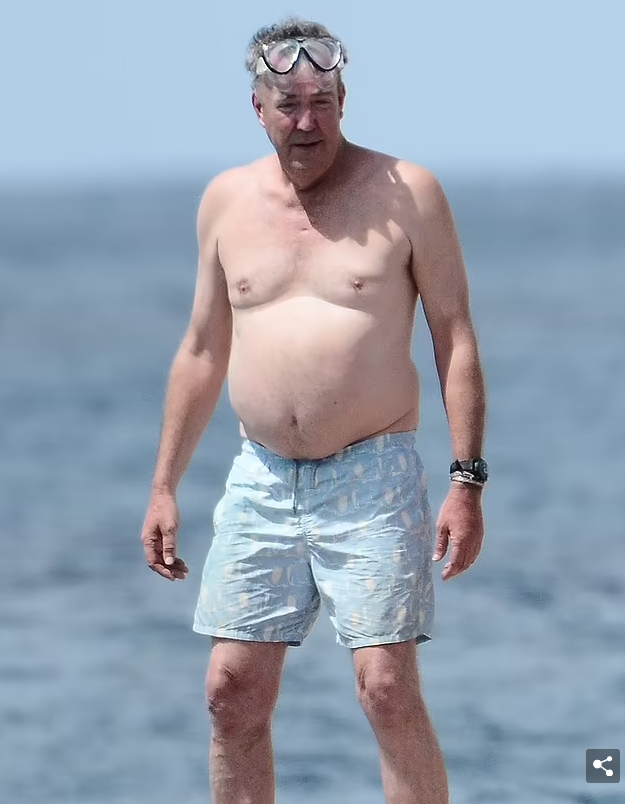-
Posts
6,287 -
Joined
-
Last visited
Content Type
Profiles
Forums
Downloads
Everything posted by Social Media
-

Israel is at War - General discussion (pt3)
Social Media replied to Social Media's topic in The War in Israel
Once again, remain on topic when discussing the "Latest developments and discussion of events in the Israel-Hamas War." Any alleged factual claims must be supported by a valid link to an approved credible source. Don't be surprised to find your post disappear if you do not. An inflammatory post has also been removed. There are dozens of other topics on the war including historical perspectives here: https://aseannow.com/forum/432-the-war-in-israel/ -
Israel Defense Forces (IDF) have recovered the bodies of three hostages from the Gaza Strip. The hostages, identified as Itzhak Gelerenter, Amit Buskila, and Shani Louk, were among those abducted during the brutal attack by Hamas on October 7 at the Supernova music festival near Re’im. The operation, carried out by the IDF and Shin Bet, underscores the complexities and ongoing efforts in the conflict to rescue hostages and bring closure to their families. On October 7, Hamas launched a devastating assault on the Supernova music festival near Re’im. The attack, which resulted in numerous casualties and abductions, shocked the international community and highlighted the volatile situation in the region. Gelerenter, Buskila, and Louk were among the festival-goers who managed to flee the initial assault, seeking refuge in the nearby Mefalsim area. Tragically, they were captured and killed by Hamas terrorists, and their bodies were taken to Gaza. The recovery of the hostages' bodies was announced by IDF Spokesman Rear Adm. Daniel Hagari, who detailed the overnight operation. "The bodies were recovered in an overnight operation carried out by the military and Shin Bet," Hagari stated. This operation, which involved significant intelligence and ground efforts, was part of a broader campaign by the IDF to locate and retrieve hostages taken during the October 7 attack. For the families of Itzhak Gelerenter, Amit Buskila, and Shani Louk, the news of the recovery brought a mix of relief and renewed grief. Until recently, Gelerenter and Buskila were presumed alive, fostering a glimmer of hope among their loved ones. Shani Louk's death had been confirmed earlier when a fragment of her skull was identified, a discovery that was widely reported due to the harrowing footage of her abduction. Shani Louk’s father, Nissim, expressed his complex emotions in an interview with Channel 12 news. "The announcement that the IDF recovered her body was difficult to receive, but it was news that we had been waiting for," he said, acknowledging the confirmation he received more than six months ago about her death. Nissim praised the “brave soldiers” who retrieved his daughter’s body, a sentiment echoed by the other families involved. Prime Minister Benjamin Netanyahu and President Isaac Herzog both issued statements of condolence and support for the families. Netanyahu described the news as heartbreaking and vowed to continue efforts to bring back all remaining hostages. "We will return all of our hostages — living and deceased alike," he declared. Herzog similarly stressed the national commitment to the safe return of all hostages, praising the bravery and determination of the IDF forces involved in the recovery operation. The recovery of the bodies highlights the intense and ongoing conflict in Gaza, where the IDF continues to engage in fierce battles with Hamas. The military’s efforts to recover hostages are complicated by the dangerous and volatile environment, requiring precise intelligence and coordinated operations. It said it had acted on intelligence gleaned from "interrogations of terrorists" who had been detained in Gaza. Rear Adm. Hagari urged the public to refrain from spreading rumors and to rely on official statements to maintain operational security. "I call on the public — please refrain from spreading rumors and maintain the security of our forces. Keep our forces safe. Listen to the messages of the IDF spokesperson and the official bodies only," he emphasized. The situation remains dire for many other families, with approximately 125 hostages still believed to be in Gaza. While some have been released or rescued, the fate of many remains uncertain. The IDF has confirmed the deaths of 37 hostages based on new intelligence and findings from ongoing operations in Gaza. The recovery efforts are further complicated by the presence of Hamas-held bodies of fallen IDF soldiers and civilians, some of whom have been in captivity since 2014. Credit: Times of Israel | X | BBC 2024-05-18 Get our Daily Newsletter - Click HERE to subscribe
-
The Centers for Disease Control and Prevention (CDC) recently launched a wastewater tracking dashboard to monitor the spread of bird flu, or H5N1, which has now been detected in cattle across nine states. Over 40 cattle herds have confirmed cases of this virus, raising concerns about its potential impact on both animal and human health. Tracking the Virus The new CDC dashboard will track all influenza A viruses from 600 wastewater treatment sites nationwide. This effort aims to help public health officials identify areas where the virus is most aggressively spreading. During the summer months, flu viruses typically circulate at very low levels, so higher-than-average levels of influenza A in wastewater can indicate unusual activity. Data from 189 sampling sites, including those in Illinois and Alaska, have shown higher-than-average levels of an influenza A virus as of May 4. What is Bird Flu? Avian influenza, commonly known as bird flu, is an infection caused by influenza viruses that primarily spread in birds but can infect other animals and humans. According to the Cleveland Clinic, humans can contract bird flu through contact with infected animals' body fluids, such as saliva, respiratory droplets, or feces. It can also be transmitted if humans inhale dust particles in animal habitats or touch contaminated surfaces and then touch their eyes, nose, or mouth. Those working closely with poultry, waterfowl, and livestock are at the highest risk of infection. Spread to Cattle The recent spread of bird flu to cattle has puzzled researchers. Jenna Guthmiller, an assistant professor of immunology and microbiology at the University of Colorado School of Medicine, suggests that milking machines may have carried the virus. High levels of the virus have been found in the udders of infected cows, indicating that the infection is mainly restricted to dairy cows. "Influenza A has never been recorded like this in cows before. There’s the occasional cow infected, but they are not a natural host for influenza A viruses, so this is really quite shocking to the field," Guthmiller said. Outbreak Locations Bird flu has been detected in cattle herds across nine states: Michigan, New Mexico, North Carolina, Kansas, Colorado, Idaho, Ohio, South Dakota, and Texas. In Texas, researchers at Stanford University and Emory University found high amounts of bird flu viral RNA in archived wastewater samples from three sites, indicating the virus's presence since late February, before the first confirmed case in cattle. Human Impact and Concerns Despite the spread in cattle, the risk to humans remains low. Only one confirmed human case of bird flu has been reported this year, involving a person in Texas who had direct exposure to infected dairy cattle and experienced only mild symptoms. The CDC is monitoring 260 people who have been exposed to infected dairy cows, with 33 individuals tested for the virus. "Right now, the H5N1 bird flu situation remains primarily an animal health issue. However, the CDC is watching this situation closely and taking routine preparedness and prevention measures in case this virus changes to pose a greater human health risk," the CDC stated. Symptoms of Bird Flu in Humans The symptoms of bird flu in humans can range from mild to severe, including eye redness, flu-like symptoms, pneumonia, high fever, cough, sore throat, runny or stuffy nose, muscle or body aches, headaches, fatigue, and shortness of breath. Less common symptoms can include diarrhea, nausea, vomiting, or seizures. Food Safety Concerns Bird flu has been found in high levels in the raw, unpasteurized milk of infected cows. The CDC warns that consuming raw milk could theoretically lead to infection if the virus contacts receptors in the nose, mouth, and throat, or if inhaled into the lungs. Both the Food and Drug Administration (FDA) and the CDC consider raw milk a risky food due to potential contamination with harmful germs. Despite these warnings, sales of raw milk have increased since the virus was confirmed in cattle. However, pasteurized milk and properly cooked poultry and eggs are considered safe to consume. The FDA assures that the pasteurization process kills the virus, and the likelihood of infected poultry or eggs entering the food supply is very low due to USDA safeguards, including testing and inspection programs. While the spread of bird flu to cattle is concerning and warrants close monitoring, the risk to the general public remains low. The CDC and other health agencies are taking preventive measures and monitoring the situation closely. By following safety guidelines and consuming properly prepared food, the public can minimize their risk of infection. Credit: The Hill 2024-05-18 Get our Daily Newsletter - Click HERE to subscribe
-
Fulton County District Attorney Fani Willis is under scrutiny for the alleged misuse of federal grant funds. This investigation, spearheaded by two Republican senators, Chuck Grassley of Iowa and Ron Johnson of Wisconsin, marks the second congressional inquiry into Willis's office this year. Allegations and Whistleblower Claims The accusations stem from a whistleblower, former Willis staffer Amanda Timpson, who claims that Willis misappropriated a federal grant of $488,000. According to Timpson, the funds, intended for establishing a youth gang prevention center, were instead used for purchasing computers and other expenses not covered by the grant. Timpson alleges that the promised youth gang prevention center never materialized. Congressional Inquiries In February, House Judiciary Committee Chair Jim Jordan, a Republican from Ohio, launched the first investigation into these allegations. The recent probe by Senators Grassley and Johnson follows a similar trajectory, intensifying the scrutiny on Willis's office. In a letter dated May 15, Grassley and Johnson demanded detailed information about all federal grants received by the Fulton County district attorney's office since fiscal year 2019. They also requested a comprehensive accounting of all expenditures for each grant and records related to the planned expenditures. Statements from Senators Senator Grassley emphasized the importance of transparency and accountability in the use of federal funds. "Congress has the right to know where federal tax dollars are sent and how they're spent. These federal funds were intended to help vulnerable youth and support important law enforcement initiatives, but the Fulton County DA's office appears to have used them to fulfill their own whims. Any official who squanders taxpayer funds should be held accountable," Grassley was quoted as saying. Senator Johnson echoed these sentiments, stressing the need for full transparency from District Attorney Willis. Context and Implications Fani Willis, currently overseeing the high-profile racketeering case against former President Donald Trump and several co-defendants related to attempts to overturn the 2020 election results in Georgia, has faced numerous challenges. She has been under fire for months following the revelation of a romantic relationship with a deputy hired to work on the Trump case. Although she has survived calls for her disqualification, a recent appeals court decision allowed Trump's lawyers to challenge the order keeping her on the election interference case, leaving the possibility of her removal from the case open. The ongoing investigations into the alleged misuse of federal funds by Fani Willis's office underscore the broader issues of transparency and accountability in the use of taxpayer money. With the pressure mounting from multiple congressional inquiries, the outcome of these investigations could have significant repercussions for Willis's career and the high-stakes cases she is currently handling. Credit: Newsweek 2024-05-18 Get our Daily Newsletter - Click HERE to subscribe
-
In an unprecedented move, the United Nations Security Council convened a meeting solely focused on the hostages taken by Hamas during the October 7 attack in Israel. This informal gathering, initiated by the United States, aimed to address the grave issue of mass hostage-taking by Hamas, condemning it as a psychological tool of terrorism. The session included testimonies from former hostages and bereaved family members, highlighting the severe human impact of these actions. In three previously announced resolutions, the UN Security Council has called for the immediate and unconditional release of all hostages. Testimonies of Hostage Survivors Shoshan Haran, who was taken hostage along with her daughter and two grandchildren, shared harrowing details of their 50-day captivity. Haran recounted the trauma experienced by her three-year-old granddaughter, Yahel, who now whispers, hides, wets the bed, and suffers from nightmares. "Three weeks after we were released, Yahel only whispers, too afraid to make a noise. She hid from everyone, too afraid to go outside. She wet the bed and had nightmares, too afraid she may be captured again," Haran revealed. Other poignant testimonies came from Ayelet Samerano, whose son was killed and his body taken by Hamas, and Gili Roman, whose sister was taken hostage and released in a truce deal. These stories underscored the severe psychological and emotional toll of the hostages' ordeal. International Condemnation and Demands The meeting, which focused on condemning the mass hostage-taking as an unprecedented form of terrorism, saw strong statements from various international representatives. US Ambassador Linda Thomas-Greenfield emphasized the United States' unwavering stance: "Taking hostages is cowardly – a cowardly tactic designed to instill fear, manipulate governments, and advance nefarious agendas. It violates basic principles of humanity." Ambassador Thomas-Greenfield also highlighted the international community's call for the immediate release of the hostages, stressing that President Joe Biden is deeply committed to this cause. "This is a responsibility that President Biden feels, to his core, and he’s committed to seeing through," she stated. Remarks by Ambassador Linda Thomas-Greenfield Bring home every single hostage from more than 20 countries, who have been held against their will in Gaza since October 7, when Hamas murdered over 1,200 people, raped and maimed hundreds more, including the bodies of the dead, and abducted over 240 people, including women, children, and the elderly. This includes six U.S. citizens who are still being held hostage: Edan Alexander; Itai Chen; Sagui Dekel-Chen; Omer Neutra; Keith Siegal; and Hersh Goldberg-Polin. So today, let us again demand Hamas release all remaining hostages. Doing so would also open the door to ending this conflict. It would bring about an immediate and prolonged ceasefire, which would facilitate a surge of desperately needed humanitarian assistance to Gaza, and lead to the durable end of hostilities. Civilians in Gaza would be able to return to their homes and their lands with preparations beforehand to ensure shelter and humanitarian provisions. To put it simply: It would save lives on all sides. The only – the only thing standing in the way of all of this is Hamas. Hamas could stop fighting today by releasing the first hostage. Today. And so, we must demand Hamas take the deal on the table. Every single Member State has an obligation to speak out. Statement by UK Ambassador James Kariuki After 222 days in captivity, 134 hostages remain in Gaza, including British nationals and others with strong UK links. We are extremely concerned about the reports that many of them are believed to be very ill or deceased. The UK is clear: we call for the immediate, unconditional release of all hostages in Gaza held by Hamas and other groups. Hostage-taking is unlawful and poses a clear threat to international peace and security. Reactions and Criticisms While there was unanimous condemnation of hostage-taking, the meeting also saw criticisms of Israel's military actions in Gaza. Representatives from Russia, China, Algeria, and other countries voiced concerns over Israel's offensive, which, according to the Hamas-run health ministry, has resulted in over 35,000 Palestinian deaths. These figures, however, are unverified and do not distinguish between civilians and combatants. Algerian diplomat Ahmed Sahraoui condemned Israel's actions, describing them as a "barbaric killing machine" wreaking havoc in Gaza under the guise of rescuing hostages. Russian diplomat Georgiy Barsukov echoed these sentiments, accusing the US of ignoring the broader context of alleged genocide against Palestinians in Gaza. Calls for Action Israel's UN Ambassador Gilad Erdan highlighted the urgent need for the Security Council to prioritize the hostage crisis. "The hostages are the most urgent and critical humanitarian issue that the council must focus on," Erdan asserted. He criticized the UN for its inaction, asking, "Has the council condemned Hamas and demanded they permit the Red Cross to check on the hostages? Have you imposed sanctions on Hamas leadership until they release the hostages? What action has been taken?" Erdan emphasized the brutal conditions faced by the hostages, including beatings, torture, and rape, urging the international community to take decisive steps to secure their release. The UN Security Council's meeting marked a significant step in addressing the severe humanitarian issue of hostages taken by Hamas. The testimonies and international condemnations underscored the urgency of the situation, calling for immediate and decisive action to ensure the release of the hostages and to prevent the normalization of such acts of terrorism. Full Video of meeting: https://webtv.un.org/en/asset/k1m/k1mwh7bdq3 Credit: Times of Israel 2024-05-18 Get our Daily Newsletter - Click HERE to subscribe
-
President Joe Biden invoked executive privilege to keep the recording of his deposition about storing classified documents confidential. This move comes as House Republicans push to hold Attorney General Merrick Garland in contempt for refusing to release the recording. Meanwhile the House Judiciary and Oversight committees have scheduled votes on contempt resolutions against Garland, arguing that the recording is crucial for understanding Special Counsel Robert Hur's decision not to charge Biden. The Justice Department has released a transcript of the deposition but argues that releasing the recording could jeopardize future criminal investigations. Associate Attorney General Carlos Uriarte confirmed that the Office of Legal Counsel determined the recording falls under executive privilege. Garland stated that the contempt threat is part of "unprecedented and unfounded attacks" on the Justice Department. He emphasized that the department has gone to great lengths to respond to legitimate congressional requests but insists that releasing the recording would harm future investigations. However the House Republicans, led by Speaker Mike Johnson and Judiciary Committee Chairman Jim Jordan, argue that the recording is necessary to assess Biden's mental state and the legitimacy of Hur's decision. They accuse the White House of attempting to hide the president's condition from the public. Investigation Background Biden's personal lawyers found classified documents at his Penn Biden Center office. Additional documents were later found at his Wilmington home. Unlike former President Donald Trump, Biden voluntarily returned the documents and cooperated with authorities. Special Counsel Robert Hur interviewed Biden and ultimately decided not to charge him. However, Hur described Biden as a "sympathetic, well-meaning, elderly man with a poor memory," a characterization Biden disputes. Political Implications The contempt resolutions are part of a broader effort by House Republicans to scrutinize Biden and Garland, with potential impeachment proceedings on the horizon. However, the success of these resolutions in the full House is uncertain due to the slim Republican majority and some moderate GOP lawmakers' reluctance to engage in partisan battles with the Justice Department. Democrats, including Rep. Jerrold Nadler and Rep. Hank Johnson, argue that the committees' actions are politically motivated and a waste of time, noting that the Justice Department has already complied significantly with congressional requests. Executive Privilege in Context Invoking executive privilege is relatively rare and typically occurs during significant congressional investigations. Past presidents, including George Washington, Barack Obama, and Donald Trump, have invoked it in various contexts to protect sensitive information. Biden's invocation of executive privilege is aimed at preventing potential misuse of the recording for partisan purposes. White House Counsel Edward Siskel accused Republicans of intending to distort the audio recordings for political gain. The Justice Department maintains that producing the recording could impede future investigations by chilling cooperation from witnesses and targets. If the contempt resolutions pass the committees and are approved by the full House, it remains to be seen whether the Justice Department will act on them, given its past rejections of similar recommendations. Credit: USA TODAY 2024-05-18 Get our Daily Newsletter - Click HERE to subscribe
-
Harris Wolobah, a 10th-grade student from Worcester, Massachusetts, died on September 1, 2023, after participating in the "One Chip Challenge," a social media trend involving consuming a highly spicy tortilla chip. The challenge, promoted by Paqui, a Texas-based subsidiary of the Hershey Co, involves eating a single chip coated with an intense chile pepper extract. The autopsy revealed that Harris Wolobah died of cardiopulmonary arrest triggered by the ingestion of food with a high capsaicin concentration. Capsaicin is the active component in chile peppers that gives them their heat. The autopsy also noted Harris had pre-existing heart conditions, including cardiomegaly (an enlarged heart) and a congenital defect called myocardial bridging of the left anterior descending coronary artery. This condition can lead to abnormal blood flow and potentially severe heart arrhythmias when the heart is under significant stress, such as from ingesting large amounts of capsaicin. Medical experts explained that while Harris's heart defect made him particularly vulnerable, ingesting large amounts of capsaicin can pose serious risks even to those without underlying heart conditions. Dr. James Udelson, Chief of Cardiology at Tufts Medical Center, and Dr. Syed Haider, a cardiologist at MedStar Washington Hospital Center, both emphasized that significant capsaicin intake can increase heart activity, potentially leading to ischemia (reduced blood flow) and severe arrhythmias. The Paqui chip involved in the challenge is sold individually in a coffin-shaped box with clear warnings about its intense heat and potential risks. Despite warnings that the chip was intended for adults and not for those sensitive to spicy foods or with underlying health conditions, children have easily obtained the product, leading to numerous reports of illness. In response to Harris's death and other incidents, Paqui has discontinued the product and worked with retailers to remove it from shelves. The challenge, which gained popularity through social media, has led to various adverse health events among teenagers across the United States. This phenomenon is part of a larger trend of extreme spicy food challenges driven by the quest for internet fame. Such challenges have prompted warnings from poison control centers and health authorities about the potential for severe allergic reactions, breathing difficulties, irregular heartbeats, heart attacks, and strokes. Harris Wolobah's tragic death underscores the dangers of extreme spicy food challenges and highlights the need for increased awareness and caution regarding such viral trends. Authorities and health professionals continue to warn against the consumption of excessively spicy foods, especially for individuals with underlying health conditions. Credit: The Guardian 2024-05-18 Get our Daily Newsletter - Click HERE to subscribe
-
Florida Governor Ron DeSantis signed a controversial bill on Wednesday that removes requirements for the state to consider climate change when crafting energy policies. The law also eliminates nearly all references to climate change from Florida's statutes. Key provisions of the law, set to take effect in July, include: 1. Prohibition of Offshore Wind Turbines: The law bans the installation of offshore wind turbines within Florida waters or within one mile of the state's coastline, despite no existing offshore wind facilities in the state. 2. Streamlining Natural Gas Pipeline Approvals: The legislation removes certain regulatory barriers, facilitating the approval process for natural gas pipelines. 3. Elimination of Renewable Energy Goals: It strips state officials of the authority to set renewable energy goals, effectively halting progress towards cleaner energy alternatives. Governor DeSantis defended the legislation in a social media post, framing it as a rejection of what he termed the "radical green zealots" and an effort to restore rationality to Florida’s energy policies. Environmental leaders have sharply criticized the new law, arguing that it disregards the significant environmental challenges facing Florida. Yoca Arditi-Rocha, executive director at the CLEO Institute, highlighted the various environmental threats Floridians face, including: Rising Sea Levels: As a state with extensive coastlines, Florida is particularly vulnerable to sea-level rise. Extreme Heat: Increasing temperatures pose health risks and exacerbate existing environmental issues. High Property Insurance Costs: The state has seen a mass exodus of insurers, many citing high catastrophe costs associated with climate change. Frequent Flooding and Severe Storms: Climate change is contributing to more frequent and severe weather events. Arditi-Rocha emphasized that the removal of statutory language acknowledging these threats undermines efforts to protect Floridians and appears to prioritize fossil fuel industry profits over public interest. The bill's passage comes after Florida recorded its warmest year since 1895 in 2023, with an average annual temperature of 73.4 degrees Fahrenheit. The state has also experienced significant insurance market disruptions, driven by a combination of increasing natural disaster costs, litigation, and fraud. Governor DeSantis has a history of contentious interactions with environmental advocates and has taken a combative stance against Biden administration environmental policies during his 2024 presidential campaign. Despite his opposition to federal climate policies, DeSantis has previously opposed offshore drilling and fracking in Florida, citing risks to the state's environment. In another recent move, DeSantis signed legislation preventing local governments from establishing their own heat protections for outdoor workers, further fueling debates over his administration's approach to environmental and worker safety issues. DeSantis’s newly signed legislation represents a significant shift in Florida’s energy policy, removing climate change considerations and easing regulatory hurdles for fossil fuel projects. While proponents argue it will restore practical energy policy, critics contend it neglects the pressing environmental challenges facing the state and favors industry profits over public welfare. As Florida grapples with the impacts of climate change, the implications of this legislative change will likely continue to spark debate and influence the state's future policy directions. Credit: The Hill 2024-05-18 Get our Daily Newsletter - Click HERE to subscribe
-
Police successfully reclaimed a lecture hall at the University of California, Irvine (UC Irvine) from pro-Palestinian protesters who had occupied the building for hours. Law enforcement also cleared a student encampment that had been in place for over two weeks. This protest was part of a broader movement across U.S. campuses in response to the ongoing war in Gaza, with activists calling for a ceasefire, the protection of civilian lives, and university divestment from Israeli interests. UC Irvine officials had requested police intervention after declaring the occupation a "violent protest." Officers from about ten nearby law enforcement agencies converged on the campus, equipped in riot gear, and formed barricades while issuing warnings to protesters. Within four hours, police had removed the protesters from the lecture hall and the adjacent plaza. The university reported a minimal number of arrests and described the protesters as "begrudgingly cooperative." Chancellor Howard Gillman expressed regret over the necessity of police involvement, emphasizing that the university had attempted to manage the situation without escalation. He stated that the university had been in talks with the protesters but failed to reach a compromise on an alternative, non-disruptive protest site. Gillman highlighted the university's commitment to enforcing regulations against illegal encampments and reiterated the institution’s stance against divesting from Israel. "Encampment protesters have focused most of their demands on actions that would require the university to violate the academic freedom rights of faculty, the free speech rights of faculty and fellow students, and the civil rights of many of our Jewish students," Gillman said. Protesters had set up an encampment adjacent to the lecture hall on April 29, and on May 15, between 200 to 300 protesters took over the lecture hall during a period when no classes were in session. Police used a loudspeaker to declare the gathering an unlawful assembly, warning of potential arrests. Officers formed lines and gradually pushed protesters back before making arrests and clearing the plaza. Protesters chanted, banged drums, and displayed banners, including one renaming the building "Alex Odeh Hall" in honor of a Palestinian activist killed in 1985. The University of California system has maintained its position on not divesting from Israeli interests, citing concerns over academic freedom, free speech, and civil rights. While the university managed to regain control of its facilities, the event highlights the challenges institutions face in balancing protest rights with campus regulations and safety concerns. Credit: Reuters 2024-05-18 Get our Daily Newsletter - Click HERE to subscribe
-
Ahmed Ali Alid, a 45-year-old Moroccan asylum-seeker, has been sentenced to life imprisonment with a minimum term of 44 years for the murder of Terence Carney, a 70-year-old grandfather. Alid's attack, driven by motivations linked to the Gaza conflict, also included an attempted murder and assaults on police officers. On October 15, Alid, who had previously claimed asylum in the UK, prowled the streets of Hartlepool with the intent to kill. His first victim was his housemate, Javed Nouri, a 31-year-old Iranian asylum seeker and Christian convert. Alid broke into Nouri's bedroom at 5 a.m., brandishing two kitchen knives and stabbing him in the chest. Nouri managed to fend off Alid, suffering severe injuries in the process. After failing to kill Nouri, Alid took to the streets where he encountered Terence Carney. CCTV footage showed Carney, who was on an early morning walk, being repeatedly stabbed by Alid. Carney, described as a "defenceless" and "beloved" husband, father, and grandfather, was stabbed six times in the chest, abdomen, and back. During his trial at Teesside Crown Court, the prosecution argued that Alid's actions were acts of terrorism, motivated by his desire to retaliate against perceived injustices in Gaza and to influence the British government's foreign policy. Alid himself admitted to the police that his actions were "for the people of Gaza" and that he intended to kill more people. Prosecution lawyer Jonathan Sandiford said Alid had told police that “if he had had a machine gun and more weapons, he would have killed more victims.” Mrs. Justice Cheema-Grubb, who presided over the case, described Alid's actions as a terrorist act intended to intimidate and influence the British government. She noted that Alid had no history of mental illness and that his attacks were premeditated and politically motivated. “You attacked and murdered Terence Carney in a terrorist act. You intended it as revenge for the actions of a foreign country, Israel, and to intimidate and influence the British government in its international relations. You hoped to frighten the people of Britain and to undermine the freedoms they enjoy,” said the judge during sentencing. Alid's arrest was captured on footage showing armed police ordering him to "get down on the ground," with laser dots from their guns trained on him. Despite initial resistance, he was detained and later attacked two female officers during his police interview, shouting "Palestine" and "Allahu Akbar." Alid's violent spree was cut short thanks to the swift action of the police and the bravery of his housemates. Nouri, who had alerted the police about Alid's suspicious behavior days before the attack, had to relocate from Hartlepool due to the psychological trauma inflicted by the event. In his victim impact statement, Nouri expressed his disillusionment, stating, “All my thoughts of here being a safe country have gone. I would expect to be executed for converting to Christianity in my home country. But I did not expect to be attacked in my sleep here.” Carney’s family, in their statement, mourned the loss of a beloved family member and thanked Nouri and others for their courage in testifying. “We would not want anyone else to have to go through what we have had to go through over the last six months, and what we will continue to go through for the rest of our lives. For us, things will never be the same again. We can take some small comfort in knowing that justice has been served,” they said. The case has highlighted issues surrounding the asylum process and the challenges in identifying and managing individuals who may pose a threat. Alid had entered the UK in 2020 after traveling through several European countries. Despite warnings about his behavior, he was not adequately monitored. Justice Cheema-Grubb's decision not to impose a whole-life term, despite acknowledging the terroristic nature of Alid’s crimes, underscores the complexity of legal responses to such acts of violence. Alid’s sentence includes 44 years for murder and a concurrent 19-year term for attempted murder, with additional assaults on police officers considered. This case serves as a grim reminder of the potential for international conflicts to fuel domestic acts of terror and the ongoing need for vigilance and effective law enforcement to prevent such tragedies. Credit: Sky News 2024-05-18 Get our Daily Newsletter - Click HERE to subscribe
-

Israel is at War - General discussion (pt3)
Social Media replied to Social Media's topic in The War in Israel
Please remain on topic when discussing the "Latest developments and discussion of events in the Israel-Hamas War." Don't be surprised to find your post disappear if you do not. -
Update: Israel Rebukes South Africa’s Gaza Genocide Claims at International Court of Justice On Friday, Israel strongly contested South Africa’s accusations of genocide at the International Court of Justice (ICJ) in The Hague. The hearing was part of ongoing proceedings initiated by South Africa, which alleges that Israel's military actions in Gaza constitute an attempt to commit genocide against Palestinians. South Africa's legal team argued that Israel's limited offensive in Rafah, a city in southern Gaza, aimed to destroy what they described as the last habitable area of the enclave. They claimed this constituted part of a broader genocidal strategy and requested the court to order an immediate halt to Israel's military operations. In a robust rebuttal, Israel's legal representatives accused South Africa of grossly distorting facts and misusing international legal procedures. They highlighted Israel’s continued facilitation of humanitarian aid into Gaza, despite the conflict. They argued that South Africa's interpretation of the Genocide Convention was an attempt to unjustifiably involve the ICJ in the tactical management of the conflict with Hamas, which is not within the court’s jurisdiction. Israel's Deputy Attorney General for International Law, Gilad Noam, criticized South Africa's stance, saying, “South Africa presents the court for the fourth time with a picture that is completely divorced from the facts and circumstances.” Noam insisted that Hamas bears responsibility for endangering Palestinian civilians by embedding military assets among the civilian population in Rafah. Noam emphasized that Israel has avoided a large-scale operation in Rafah to prevent civilian casualties, despite Hamas’s use of human shields and civilian infrastructure for military purposes. He warned that accepting South Africa's demands would undermine Israel's right to self-defense and embolden Hamas to continue its attacks without repercussion. Israel also pointed to South Africa's political alignment with Hamas, evidenced by the recent hosting of Hamas officials in Johannesburg. Noam accused Pretoria of not using these meetings to press Hamas on crucial humanitarian issues, such as the release of hostages and the cessation of attacks on civilians. Tamar Kaplan Tourgeman, legal adviser to Israel's Foreign Ministry, refuted South Africa's claims about Israel's alleged blockade on Gaza. She cited specific figures, noting that hundreds of aid trucks, including 365 on Thursday alone, had entered Gaza recently through crossings that Israel had reopened or expanded. Kaplan Tourgeman dismissed South Africa's genocide claims as baseless, asserting that Israel's actual practices and governmental policies reflect a commitment to humanitarian aid and the protection of civilians, even amid ongoing hostilities. She argued that South Africa’s selective interpretation of statements by Israeli officials was misleading and intended to support their unfounded genocide allegations. In conclusion, Kaplan Tourgeman warned against the dangerous precedent that accepting South Africa's request could set, arguing it would undermine international law and legitimize continued aggression by Hamas. She stressed that Israel’s military actions are aimed at combating a terrorist organization and not at targeting Palestinian civilians, urging the court to recognize the complexities of the situation and the inherent right of Israel to defend itself against ongoing threats. Credit: Times of Israel 2024-05-18 Get our Daily Newsletter - Click HERE to subscribe
-

Israel is at War - General discussion (pt3)
Social Media replied to Social Media's topic in The War in Israel
Ok so for some reason you think it was relevant that one was affiliated. The letter and affiliation are not hidden. Its on the footer of the letter for all forum members to read and the rest of the world. "The Jewish Institute for National Security of America (JINSA) is dedicated to advancing U.S. national security interests in the Middle East, of which a critical pillar is a robust U.S.-Israel security relationship. JINSA believes that Israel is the most capable and critical U.S. security partner in the 21st century and that a strong America is the best guarantor of Western civilization. JINSA is a non-partisan, 501c(3) organization. To learn more, visit: jinsa.org" -

Israel is at War - General discussion (pt3)
Social Media replied to Social Media's topic in The War in Israel
Yes good and the other 79? -

Israel is at War - General discussion (pt3)
Social Media replied to Social Media's topic in The War in Israel
What has that got to do with 80 US generals and Admirals supporting Israel against Iran and its terrorist proxies in Gaza, Lebanon, Syria, Iraq, and Yemen that all seek to destroy the Jewish state? -
On Thursday, South Africa returned to the International Court of Justice (ICJ), alleging that Israel's military operations in Rafah, a city in the southern Gaza Strip, are part of a broader plan to annihilate Gaza and its people. Pretoria's latest application to the world court follows its earlier allegations of genocide against Palestinians in Gaza. This recent appeal marks South Africa’s fourth submission since Israel declared war on Hamas following the terror group's attack on Israeli civilians on October 7. South Africa's Arguments The South African delegation, comprising local and international legal experts, argued vehemently against Israel's military actions. They claimed that the Israeli Defense Forces (IDF) offensive in Rafah would exacerbate Gaza’s already dire humanitarian crisis and ultimately lead to the destruction of the last habitable area in the region. During two and a half hours of oral arguments, the South African legal team emphasized the need for the ICJ to intervene decisively. They argued that Israel had previously ignored court orders and warned that the court's credibility would be at stake if it did not act now. South African Ambassador to the Netherlands, Vusimuzi Madonsela, alleged, “Israel’s genocide has continued apace since the last court hearing and has just reached a new and horrific stage.” Legal Claims and Humanitarian Concerns The South African representatives highlighted the severe humanitarian implications of the Rafah offensive. They stressed that a full-scale assault would violate the Genocide Convention, which prohibits "deliberately inflicting on the group conditions of life calculated to bring about its physical destruction in whole or in part." Professor Vaughan Lowe argued that Israel's actions in Rafah were intended to make Gaza uninhabitable, thereby achieving Israel’s "end game for Gaza to be utterly destroyed as an area of human habitation." Tembeka Ngcukaitobi, another member of the South African legal team, supported these claims, stating, “From the onset, Israel’s intent was always to destroy Palestinian life and to wipe them off the face of the earth. Rafah is the final stand.” Requests for Court Orders Initially, South Africa's application sought to halt the IDF operation in Rafah. However, this request was amended to call for an end to all Israeli military operations in Gaza. Additionally, the South African delegation urged the court to ensure “unimpeded access to Gaza for humanitarian aid” and to allow investigators to examine allegations of war crimes and genocide. The team also requested that Israel provide a public report within one week detailing the measures it would take to comply with the court’s orders. Israel’s Response and Current Situation Israel has maintained that the IDF operations are necessary to combat Hamas, which it considers a terrorist organization. Israeli authorities noted that despite the ongoing military operations, they have facilitated the transfer of humanitarian aid through the Kerem Shalom Crossing. According to the Coordinator of Government Activities in the Territories (COGAT), 248 trucks carrying humanitarian aid entered Gaza on Wednesday, along with two fuel tankers. However, the UN Office for the Coordination of Humanitarian Affairs reported that aid distribution had been significantly hampered by the conflict. Allegations of Genocide South Africa also raised serious accusations of genocide, citing inflammatory remarks by Israeli officials and purported evidence of mass graves in Khan Younis. These graves were reportedly dug before Israeli forces entered the area, according to analysis by the New York Times. Nonetheless, South Africa used these claims to bolster their argument of genocidal intent, essential for the ICJ to issue binding orders against Israel. Looking Forward The ICJ's ruling on the emergency measures is expected next week. However, a final decision on the underlying genocide charges could take years. Israel will present its defense on Friday, with its ambassador to the United Nations, Gilad Erdan, criticizing the short notice for the hearings as insufficient for proper legal preparation. Credit: Times of Israel 2024-05-18 Get our Daily Newsletter - Click HERE to subscribe
-
In the Gaza Strip, everyday life is overshadowed by the pervasive surveillance and control tactics of Hamas, the militant organization that governs the territory. Recent revelations have shed light on the extent to which Hamas monitors and intervenes in the lives of Palestinians, using a sophisticated network of informants and security forces to maintain its grip on power. The General Security Service, a secretive arm of Hamas overseen by leader Yahya Sinwar, operates like a parallel police force, conducting surveillance on individuals deemed to be a threat to the regime. This includes monitoring political activity, online posts, and even personal relationships. Palestinians can find themselves under scrutiny for attending protests, criticizing the government, or engaging in behavior deemed immoral by Hamas's strict standards. The documents reviewed by The New York Times reveal a chilling picture of life under Hamas rule. People are reported to the authorities by their own neighbors, and dissent is swiftly suppressed. Journalists, activists, and anyone perceived as a threat to the regime are closely watched, their movements tracked and their communications intercepted. One striking aspect of Hamas's surveillance apparatus is its focus on controlling social behavior. Individuals suspected of engaging in "immoral acts" or violating conservative norms are targeted for investigation and intimidation. This includes monitoring romantic relationships and enforcing a conservative social order that aligns with Hamas's religious ideology. The consequences of dissent can be severe. Those who dare to speak out against the regime risk harassment, arrest, or worse. In some cases, individuals have been labeled as "haters of the Hamas movement" and subjected to ongoing surveillance and harassment by security forces. The pervasiveness of Hamas's surveillance state creates a climate of fear and self-censorship among Palestinians in Gaza. Many are hesitant to express dissent or criticize the government for fear of reprisal. This climate of fear is compounded by the Israeli blockade, which restricts the movement of people and goods in and out of the territory, leaving Palestinians feeling trapped and isolated. Despite these challenges, there are signs of resistance. Some Palestinians have spoken out against Hamas's repressive tactics, risking their safety and security to demand change. International organizations and human rights groups have also condemned Hamas's violations of basic freedoms and called for greater accountability. As the people of Gaza continue to struggle under the weight of Hamas's surveillance state, the need for international attention and support remains urgent. The world must not turn a blind eye to the plight of Palestinians living under oppressive rule, and efforts to hold Hamas accountable for its actions must continue. Only then can the people of Gaza hope to live in a society where their rights and freedoms are respected, and their voices can be heard without fear of reprisal. Credit: NYT 2024-05-17 Get our Daily Newsletter - Click HERE to subscribe
-
The eurozone economy is facing a sluggish recovery, growing at just half the pace of the UK's robust rebound from recession in the first quarter of the year. While the euro area has emerged from recession, its growth remains modest compared to the UK's "gangbusters" expansion during the same period. According to data from Eurostat, GDP across the eurozone grew by a mere 0.3 percent in the first quarter, lagging significantly behind the UK's impressive 0.6 percent growth. Experts attribute the UK's strong performance to various factors, including effective policy measures and a resilient economic landscape. However, analysts like Andrew Kenningham at Capital Economics express caution regarding the eurozone's recovery, noting that growth is likely to be subdued. The modest increase in GDP was partly driven by a temporary rebound in construction activity, which may not be sustainable in the long term. Despite the slight uptick in employment, productivity stagnated as the average worker's output remained unchanged. Among the major economies in the eurozone, both France and Germany recorded sluggish growth rates of 0.2 percent each. Germany, in particular, struggled to reverse the slump experienced in the previous quarter, facing challenges such as the loss of cheap gas from Russia and a slowdown in exports to China. Carsten Brzeski, an economist at ING, highlights concerns about Germany's employment landscape, noting a rise in part-time work and a decline in overall productivity. Despite a strong labor market, there are worries about declining competitiveness and prosperity in Germany. Italy's economy saw modest growth of 0.3 percent, while Spain continued to benefit from its tourism-driven boom, with GDP rising by 0.7 percent for the second consecutive quarter. Spain's impressive output growth outpaced the eurozone average, indicating resilience in the face of economic challenges. Looking ahead, analysts like Claus Vistesen at Pantheon Macroeconomics point to easing inflation as a potential driver of growth in the eurozone. Lower inflation rates could alleviate financial strain on households and businesses, leading to increased consumer spending. Additionally, a reduction in interest rates by the European Central Bank could further support economic recovery, particularly in terms of investment. While challenges persist, there is optimism that the eurozone economy will gradually improve, supported by favorable economic conditions and policy interventions aimed at stimulating growth. However, sustained efforts will be needed to address underlying issues and foster long-term prosperity across the region. Credit: Daily Telegraph 2024-05-17 Get our Daily Newsletter - Click HERE to subscribe
-
Hunter Biden, is facing a significant setback in his legal battles as his key financial supporter, Hollywood lawyer Kevin Morris, has reportedly exhausted his resources. Morris, who has loaned millions to fund Biden's legal defense, has informed associates that he can no longer continue to provide financial assistance. This development comes less than a month before Biden is set to go to trial on federal gun charges in Delaware, followed by another trial on federal tax crimes in California. Morris' financial constraints present a significant challenge for Biden, as he relies on him to cover legal expenses, including fees for expert witnesses. Although the exact amount Morris has spent on Biden's legal defense is unclear, it is estimated to be over $6.5 million. With two trials looming and appeals proceedings already underway, Biden's lead defense attorney, Abbe Lowell, expressed concerns about the preparation for the upcoming trials, citing difficulties in securing expert witnesses and strained resources to handle the complex legal situation. Despite Lowell's request for trial postponement, the judge declined, adding further pressure on Biden's legal team. The situation raises questions about how Biden will manage to cover his legal expenses moving forward, especially considering the high fees associated with expert witnesses and legal representation. Biden's reliance on Morris stems from their close relationship, which began in 2019 during President Biden's campaign. Morris played a crucial role in supporting Biden as he sought to overcome personal challenges and stay sober. However, with Morris no longer able to provide financial assistance, Biden's legal defense faces uncertainty. Additionally, Biden's attempts to generate income through his artwork have faced challenges, with his art sales reportedly not meeting expectations due to the association with his name. Despite signing with a New York gallerist, Georges Berges, Biden's art sales have been lackluster, further complicating his financial situation. Overall, Hunter Biden's legal defense is in jeopardy as his key benefactor runs out of funds, raising concerns about his ability to cover mounting legal expenses and navigate the upcoming trials effectively. Credit: CNN 2024-05-17 Get our Daily Newsletter - Click HERE to subscribe
-
In a controversial move, the Peruvian government has officially classified trans and intersex people as "mentally ill," sparking outrage in a society already grappling with challenges to gender and LGBT rights. The health ministry defended the decree, citing the need to ensure comprehensive mental health care coverage, but critics argue that it perpetuates discrimination and opens the door to harmful practices like conversion therapy. The decision comes amidst a backdrop of sustained assaults on gender and LGBT rights in Peru. Recent legislative actions, such as banning references to gender equality from school textbooks, have exacerbated the situation, undermining efforts to address domestic violence and femicides. The move to label trans and intersex individuals as mentally ill further entrenches societal prejudices and discrimination against the LGBT community. Health Minister César Vásquez has refrained from addressing the controversy, instead focusing on defending President Dina Boluarte, who herself faces scrutiny over unexplained acquisitions of expensive jewelry and allegations of corruption within her administration. The president's attempts to deflect attention from these issues by dismantling anti-corruption units and suppressing poverty statistics have only fueled public outrage. Medical researcher Percy Mayta-Tristán highlights the potential dangers of the decree, particularly in a conservative society where LGBT rights are non-existent and where labeling individuals as mentally ill can facilitate harmful practices like conversion therapy. The lack of sensitivity to complex LGBT issues underscores the need for greater awareness and advocacy for the rights of marginalized communities. President Boluarte, who assumed office after her predecessor's controversial attempt to dissolve congress, has faced criticism for her administration's alignment with a congress characterized by deep social conservatism. Despite diverse ideological affiliations, members of congress have united in pushing counter-reforms that undermine environmental protections and perpetuate illegal activities such as mining, logging, and drug trafficking. The legacy of intolerance toward the LGBT community is further reflected in the remarks of former Prime Minister Guido Bellido, who praised Fidel Castro for excluding gay individuals from the Cuban revolution. Such attitudes underscore the entrenched societal prejudices that continue to marginalize and endanger vulnerable populations in Peru. Credit: Daily Telegraph 2024-05-17 Get our Daily Newsletter - Click HERE to subscribe
-
The Israeli military released drone footage showing armed individuals within the vicinity of a United Nations Relief and Works Agency (UNRWA) logistics facility in Rafah, Gaza. The video, published by the Israel Defense Forces (IDF), has ignited calls for a thorough investigation into the presence of Hamas terrorists at a UN facility, raising questions about the sanctity and neutrality of humanitarian spaces in conflict zones. The footage which has been geolocated by CNN, dated May 11, depicts armed men near UN-marked vehicles at the UNRWA facility, a crucial aid distribution point in southern Gaza. While the IDF asserts that the video provides evidence of armed militants within the UN compound, UNRWA has expressed reservations, suggesting that the facility may have been evacuated prior to the incident. Yet there is clearly UN vested personal walking around and exiting a car. Juliette Touma, a spokesperson for UNRWA, condemned the potential use of UN facilities for military purposes, emphasizing the organization's commitment to impartiality and humanitarian principles. She reiterated the call for independent investigations and accountability, emphasizing the need to safeguard the lives of UN staff and preserve the integrity of humanitarian operations. The presence of armed individuals at a UN facility underscores the complex challenges faced by humanitarian organizations operating in conflict zones, where the lines between civilian and military spaces often blur. While UNRWA maintains strict protocols to ensure the neutrality and safety of its facilities, the reality on the ground presents a myriad of security risks and operational challenges. The Israeli military's decision to release the drone footage comes amidst heightened tensions in the region, following recent clashes and incidents involving UN personnel. Just days before the release of the video, a United Nations security worker was killed and another injured when their UN-marked vehicle came under fire in Rafah. The circumstances surrounding the incident remain under investigation, with conflicting accounts from Israeli authorities and the United Nations. Maj. Nir Dinar, an IDF spokesperson, acknowledged the troubling nature of armed individuals present at UN facilities, citing previous instances of similar occurrences. While the IDF refrained from engaging the militants in the UN compound, citing the presence of UN personnel, questions linger regarding the appropriate response to such incidents and the broader implications for humanitarian operations. The controversy surrounding the Gaza incident underscores the broader challenges facing humanitarian organizations in conflict zones, where political tensions, security risks, and operational constraints intersect. The ability of humanitarian actors to deliver aid effectively while upholding principles of neutrality and impartiality remains a pressing concern in the context of protracted conflicts and complex geopolitical dynamics. As calls for accountability and transparency mount, the need for robust mechanisms to safeguard the integrity of humanitarian operations becomes increasingly evident. Efforts to ensure the safety of humanitarian personnel, protect civilian populations, and uphold international humanitarian law must remain paramount amidst the challenges posed by conflict and insecurity. Credit: CNN 2024-05-17 Get our Daily Newsletter - Click HERE to subscribe
-
In a contentious move that has sparked heated debate, Republican lawmakers in North Carolina are advancing legislation aimed at repealing a pandemic-era law that permitted the wearing of masks in public for health reasons. The push for repeal has been partly fueled by recent demonstrations against the war in Gaza, where masked protesters have been a common sight on college campuses. The bill, which passed the Senate in a 30-15 vote along party lines, seeks to eliminate the provision that allowed for the wearing of masks for health purposes during the COVID-19 pandemic. Additionally, it proposes increased penalties for individuals who wear masks while committing crimes, including protesters who are arrested. Despite efforts by state Senate Democrats to amend the bill, it cleared the Senate and is now set to be reviewed by the House. Proponents of the legislation argue that it is necessary to address concerns raised by recent protests, particularly those that have led to clashes with law enforcement and disruptions to public safety. They point to demonstrations at the University of North Carolina at Chapel Hill and instances of road blockages during protests in Raleigh and Durham as examples of the need for stricter regulations. Republican Sen. Buck Newton, a proponent of the bill, emphasized the importance of curbing what he described as "craziness" surrounding protests. He highlighted the bill's provisions aimed at preventing the obstruction of roads and emergency vehicles, which have been a source of contention during demonstrations. However, opponents of the bill argue that it jeopardizes the health and safety of individuals who wear masks for legitimate reasons, such as protection against infectious diseases. The removal of health exemptions for mask-wearing in public has drawn criticism, with concerns raised about the potential impact on public health. Notably, the origins of the mask law date back to 1953 when it was introduced to address the activities of the Ku Klux Klan in North Carolina. While initially enacted for a different purpose, the law took on renewed significance during the COVID-19 pandemic as masks became a symbol of efforts to mitigate the spread of the virus. The debate over the legislation reflects the broader polarization surrounding mask-wearing in the United States, with masks becoming a divisive issue along partisan lines. The Senate deliberations underscored the ideological divide over the role of masks in public health policy and their perceived impact on civil liberties. Credit: Houston Chronicle 2024-05-17 Get our Daily Newsletter - Click HERE to subscribe
-
The US Department of Justice (DOJ) is weighing the possibility of prosecuting Boeing in connection with the two fatal crashes involving its 737 Max aircraft, signaling a potential escalation in the legal fallout from the tragedies. The DOJ stated that Boeing may have breached the terms of an agreement reached in 2021, which had shielded the company from criminal charges related to the crashes. The agreement came after investigations into the crashes in Indonesia in 2018 and Ethiopia in 2019, which claimed the lives of 346 individuals. According to the DOJ, Boeing failed to establish and enforce a compliance and ethics program to prevent violations of US fraud laws across its operations, potentially violating the terms of the agreement. Boeing, however, has refuted these allegations, asserting that it upheld the terms of the agreement and is prepared to respond to the Justice Department's claims. As part of the previous settlement, Boeing had agreed to pay a hefty $2.5 billion settlement, and prosecutors had agreed to seek the dismissal of a criminal charge after a three-year period. The DOJ has set a deadline of June 13 for Boeing to address the allegations, indicating that its response will influence the DOJ's next steps. The announcement has been met with approval from relatives of the crash victims, who have long advocated for accountability from Boeing. Paul G Cassell, a lawyer representing the families of the victims, described the DOJ's consideration of criminal action as a "positive first step," emphasizing the need for further measures to hold Boeing accountable. Boeing's handling of aircraft safety has remained under scrutiny, with recent incidents further fueling concerns. In January, an unused door detached from a new 737 Max shortly after takeoff, resulting in a significant breach in the aircraft's structure. The incident served as a stark reminder of the ongoing challenges Boeing faces in restoring confidence in the safety of its aircraft. As the DOJ deliberates on potential criminal prosecution, the outcome will have significant implications for Boeing's future and the broader aviation industry. The decision will not only impact Boeing's legal standing but also shape perceptions of corporate accountability and safety standards within the aviation sector. Credit: BBC 2024-05-17 Get our Daily Newsletter - Click HERE to subscribe
-
As Putin and Xi convene in Beijing for talks, the trading relationship between China and Russia takes center stage, shedding light on the significant role played by "dual-use" Chinese goods in bolstering Russia's military capabilities. While China refrains from directly supplying weapons to Russia, it channels substantial quantities of goods crucial for sustaining Russia's war efforts in Ukraine. These encompass a wide array of items, including semiconductor chips, navigation equipment, jet components, ball bearings, and more, all falling under the category of "dual-use" goods due to their potential civilian applications. This dual-use nature renders sanctions less effective in impeding their flow to Russia. Data compiled by the Center for Strategic and International Studies (CSIS) underscores the magnitude of China's exports of such goods to Russia, with imports categorized as "key military goods" encompassing diverse products ranging from electrical equipment and machinery to iron, steel, plastic, and rubber materials. During the early stages of 2023, as Russia braced for a potential Ukrainian counteroffensive, imports of these critical military goods surged significantly, coinciding with President Xi's state visit to Russia in March 2023. Analysis of import data reveals China as the primary exporter, with Hong Kong ranking second, further underscoring China's pivotal role in supplying Russia's military needs. While shell companies based in Russia-friendly nations facilitate another substantial portion of imports, primarily in the Asia Pacific and Middle East regions, China remains the dominant force in these transactions. The prolonged duration of the conflict has compelled Russia to increasingly rely on lower-grade equipment, a significant portion of which originates from suppliers of dual-use goods. The inherent difficulty in restricting the movement of these goods explains why even products from EU nations like France and Germany find their way into Russia. However, China's influence remains paramount, prompting threats of heightened action from the US to clamp down on such supply chains, potentially targeting Chinese banks facilitating these transactions with sanctions. Despite portraying itself as a peacemaker, China's reluctance to leverage its influence over Russia to facilitate a resolution in Ukraine has thwarted Western efforts. The ties between Russia and China, underscored by Russia's ascendancy as China's top crude oil supplier in 2023, highlight the mutual benefits derived from their deepening partnership. Credit: Sky News 2024-05-17 Get our Daily Newsletter - Click HERE to subscribe
- 1 reply
-
- 3
-

-

-

-
Jeremy Clarkson, the presenter of "Clarkson's Farm," has once again clinched the title of the UK's sexiest man, triumphing over a formidable lineup of contenders including Hollywood stars and royalty. In a recent poll conducted by IllicitEncounters, a leading online dating site for married individuals, Clarkson, aged 64, secured an impressive score of nine out of 10 points. This victory marks his second consecutive win, solidifying his status as a heartthrob in the eyes of British women. The competition was fierce, with illustrious figures such as Tom Holland, Idris Elba, and Prince William vying for the coveted title. However, Clarkson's irresistible charm and rugged farmer look captured the hearts of voters once again, earning him the top spot in the prestigious poll. Holland, the dashing Spider-Man actor, claimed the second position with an impressive score of eight points, while Prince William, the Prince of Wales, secured third place, marking a notable ascent in the rankings compared to the previous year. Gareth Southgate, the esteemed England football manager known for his iconic waistcoat, clinched fourth place, showcasing his enduring appeal among admirers. Meanwhile, reality TV star Sam Thompson and the enigmatic Russ Cook rounded out the top ten, adding their own unique charm to the list of sexiest men in the UK. Notable exits from this year's top ten included former rugby player Mike Tindall and Hollywood heartthrob Ryan Reynolds, signaling a shift in preferences among voters. Similarly, media personality Piers Morgan witnessed a significant decline in his ranking, underscoring the dynamic nature of public perception. Jessica Leoni, spokesperson for IllicitEncounters.com, highlighted Clarkson's undeniable allure, attributing his success to his multifaceted persona and relatable farmer lifestyle depicted in "Clarkson's Farm." She expressed anticipation for Clarkson's potential three-peat victory in the following year, emphasizing his enduring popularity among fans. Clarkson's triumph in the sexiest man poll adds another accolade to his illustrious career, which has seen him transition from a renowned motor sport presenter on Top Gear to a beloved farmer and television personality. His ongoing success with "Clarkson's Farm" underscores his ability to captivate audiences with his wit, humor, and down-to-earth charm. Credit: Daily Mail 2024-05-17 Get our Daily Newsletter - Click HERE to subscribe
- 69 replies
-
- 10
-

-

.png.3b3332cc2256ad0edbc2fe9404feeef0.png)


